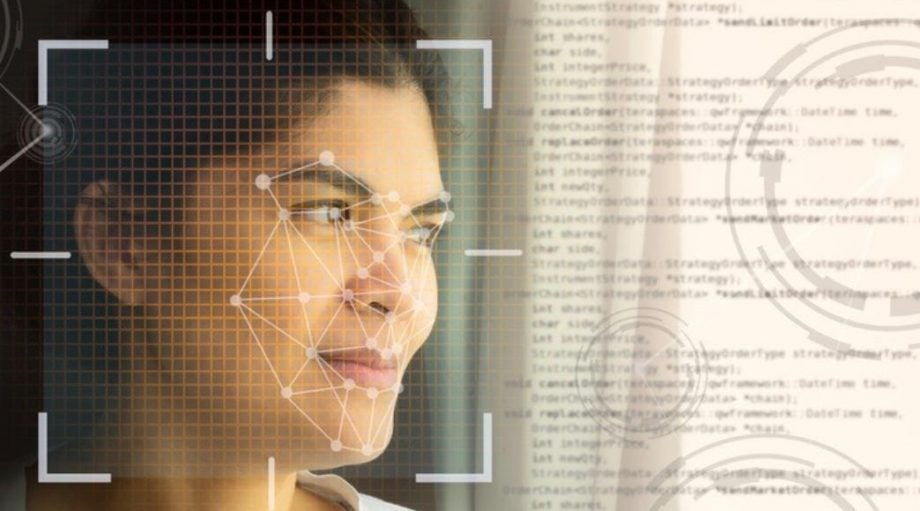This app lets strangers find info about you with a snap of your face

Clearview AI is providing facial recognition tech to law enforcement in the US, but the app’s investors think it could soon be on the streets.
The company – which was the focus of an investigation by the New York Times this week – uses images scraped from social media to match you with your online identity.
Clearview uses pics snatched from Facebook, YouTube, Twitter, Instagram, Venmo and others to generate matches. It then links users back to those social media pages, potentially revealing sensitive data including your name, address, where you work and who you know.
With three billion images in its database, Clearview has over four times the amount of data in its system than the FBI has in its own, though many of the social networks it pulled them from have policies that specifically ban such scraping.
Related: Best VPN
Regardless, this hasn’t stopped the company from making its way into the hands of law enforcement across the US.
According to the New York Times, 600 federal and state officers have started using the app in the past year to solve cases from shoplifting and identity theft to murder and child sexual exploitation crimes, and many of them have praise for the tech.
On top of this, police officers and investors are already predicting that the app will one day be made available to the public, according to the New York Times. However, many also hold privacy concerns about the groundbreaking facial recognition tech.
Clearview has yet to be vetted by independent experts and many fear the app could be taken advantage of by stalkers or foreign governments if it were to fall into the wrong hands.
Related: What is encryption?
Just last year, Trusted Reviews spoke to experts about the dangers of facial recognition after IBM was involved in a similar controversy for collecting images from Flickr without permission.
The purpose was to train facial recognition tech to recognise a more diverse set of faces, limiting the number of false positives that cropped up in results. However, the company ended up raising similar concerns when it came to facial recognition and privacy.
Some cities, like San Francisco, have already banned the use of facial recognition by the police force, while just last week the EU proposed a temporary ban on the tech to give the European Commission space to examine how best to align it with current data protection laws.


